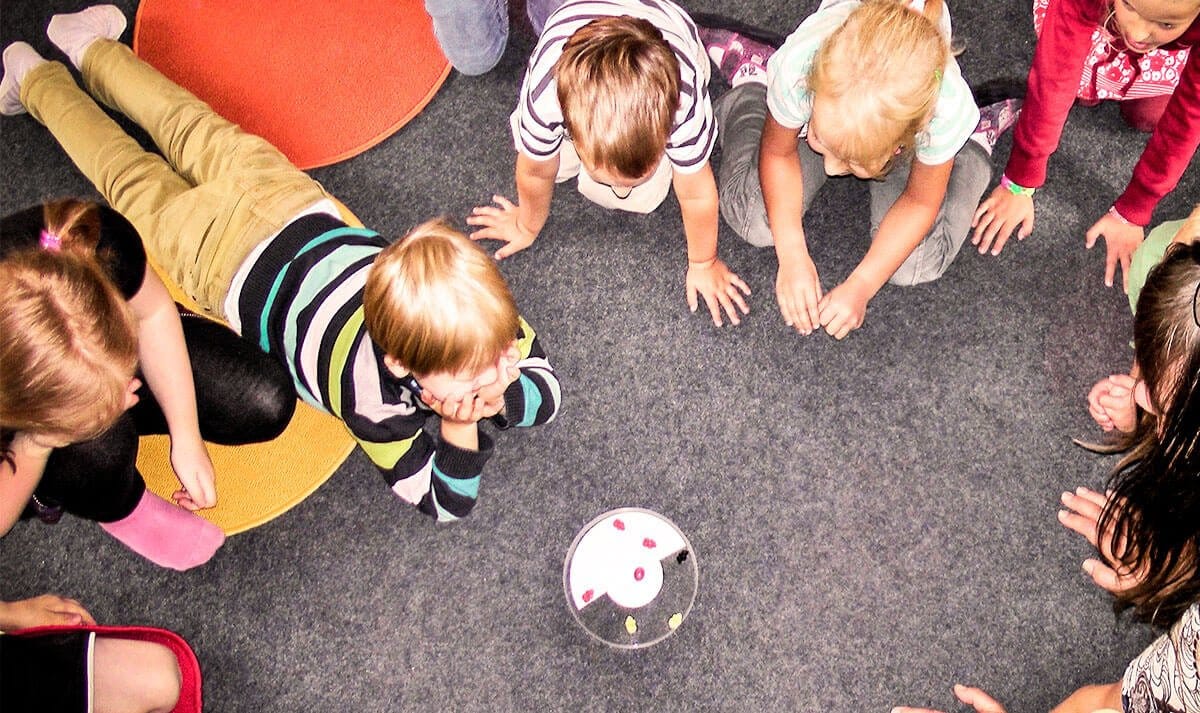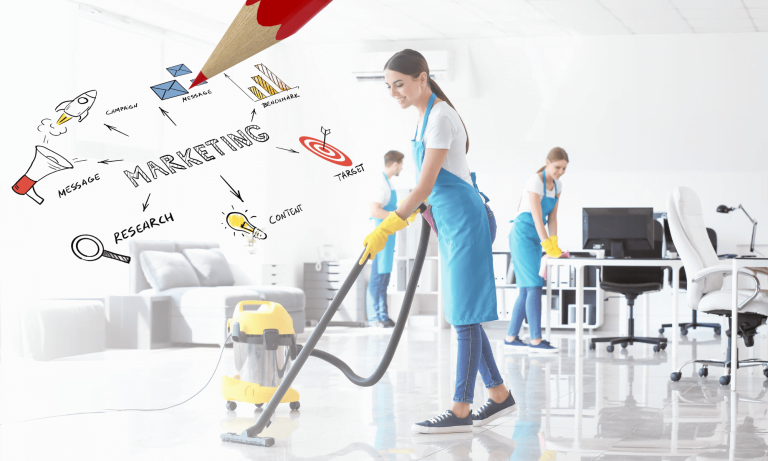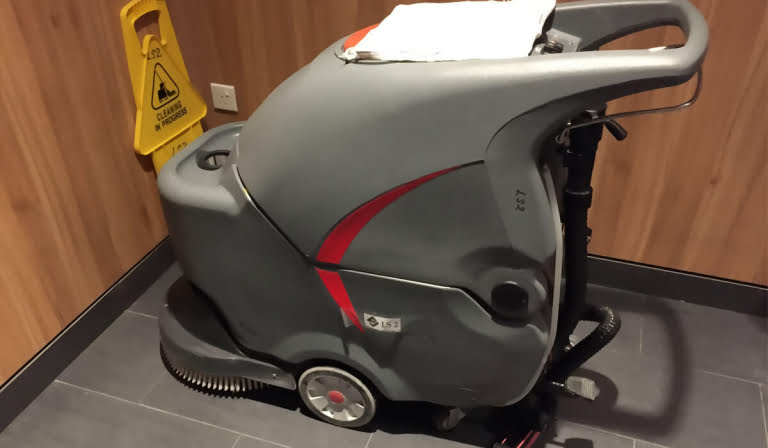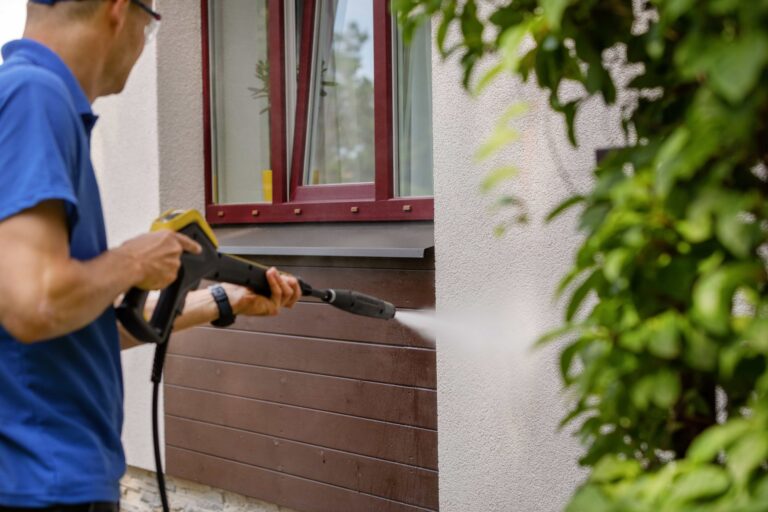When parents send their children to kindergarten, they hope that they will be safe there. Children often spend most of the day in nurseries and kindergartens, so their parents want them to feel at home there and for the kindergarten teachers to take care of them and ensure their safety and development. The hygiene conditions met by the kindergarten are also very important. Young children, especially those who are just starting their preschool education, have very low immunity and their bodies are exposed to infections by dangerous microorganisms.
Places that are breeding grounds for germs in kindergartens and nurseries
Playing together in a group and borrowing toys causes the rapid transfer of germs between children. This is especially visible in the autumn and winter, when sick children are often brought to kindergarten. To avoid the rapid spread of diseases in educational institutions, it is very important to educate and make children aware of how they should behave and take care of their hygiene. A key aspect is also keeping the kindergarten or nursery area clean.
Young children are not aware of the bacteria and viruses they are exposed to. Unknowingly, for example when using the toilet, they touch the toilet seat with their hands, they do not always wash their hands thoroughly, and sometimes they do not wash them at all when they are afraid, for example, that they might miss out on interesting fun. Then they touch the toys and put them in their mouths. In such a situation, it is easy to become infected with a dangerous bacteria. Therefore, it is very important to keep nurseries and kindergartens clean. Toilets pose the greatest threat. Therefore, they should be cleaned and disinfected regularly with high-quality specialist preparations. A very good solution is to use Clinex products, e.g. Clinex W3 Multi or Clinex W3 Bacti .
Professional products for cleaning toilet bowls
Clinex W3 Multi is a concentrate in the form of a gel. It works very well for cleaning toilet bowls, porcelain washbasins and shower trays. It has a profiled tip in the dispenser, which facilitates the application of the preparation. It can also be used after dilution for cleaning floors in sanitary rooms and for cleaning joints. It is characterized by a pleasant scent.
What product to disinfect toilets?
Clinex W3 Bacti is a cleaning and disinfecting preparation, also in the form of a gel. It will work well in cleaning children’s toilets. After use, the product should be rinsed thoroughly with water. The active substance used in this product is glycolic acid. This preparation does not contain chlorine, which is an irritating substance and, if used frequently, may irritate the respiratory tract, increase susceptibility to allergies or lead, for example, to the development of asthma.
Disinfection of catering rooms in kindergartens and nurseries
Clinex DEZOFast can be used to clean and disinfect catering rooms where children’s meals are prepared. It was created on the basis of tertiary alkylamine with bactericidal and fungicidal properties, thanks to which it has a wide spectrum of action.
Cleanliness in the kindergarten classroom
A well-kept room where classes take place must be aired and vacuumed every day. The floor should be washed and the dust should be wiped from tables and shelves with toys. Clinex Floral – a universal hand-washing liquid (available in various fragrances) and Clinex M6 – a product for both machine and hand washing, free of allergens, will work very well for cleaning floors. In the case of small children this is very important. From time to time, the surfaces of tables where children spend a lot of time should be disinfected with Clinex DEZOFast. It is a ready-to-use product and does not require rinsing. It is suitable for daily disinfection of rooms, tables, countertops, kitchen appliances and the interior of refrigeration equipment. Thanks to the content of ethanol and active silver nanoparticles, the preparation destroys bacteria, fungi and spores.
Clean kindergarten, clean toys
Blocks, dolls, cars – children love them. In kindergartens and nurseries, toys pass from hand to hand, bringing a lot of joy to the children, but also collecting a lot of germs. Unfortunately, children’s hands come into contact with various surfaces many times during the day. Children are much less resistant to diseases than adults. In kindergartens, it is easy for many children to become infected. That’s why it’s so important to keep the objects they touch all the time, i.e. toys, clean.
To ensure the cleanliness of the toy, clean its surface thoroughly using a cloth with water, cleaning wipes or water with soap. It is worth remembering to use the most natural and ecological cleaning agents possible for this process. Children may have allergies to some ingredients of popular lotions and shampoos, and besides, the child’s reflex is to put the toy in the mouth. Preparations containing alcohol and chlorine should be used carefully. Preparations should be checked for the toxicity of the ingredients. After all, children’s safety is the most important thing!
The next step is disinfection. During this stage, a disinfectant spray will be useful – if it is safe for the child, we can safely use it when caring for hard-to-reach places of the toy (plush, down, recesses). Washing removes most bacteria, but does not eliminate viruses – disinfection is necessary for this. However, it should not be carried out before washing – disinfectants will not remove grease and dirt.
Cleaning large toys made of plastic, metal and wood is much easier than cleaning small stuffed animals or blocks. Just follow the instructions described above, clean their surface with soap and water and wipe with a cloth soaked in disinfectant. To eliminate the smell of the disinfectant, you can wipe the toys with a wet cloth and wait until they dry.
In fact, there is no instruction on how often to wash toys from kindergartens and nurseries. It all depends on how many children use them and what material they are made of. However, it is certain that toys should be cleaned before they become visibly dirty. Bacteria and viruses that threaten a child’s health are invisible to the eye.
How to care for kindergarten carpets?
Children spend a lot of time playing on the carpet. If the kindergarten has a vacuum cleaner for extraction washing, a very good solution will be to use Clinex Textil EXT products for extraction washing or Clinex Textile SHP for shampooing. These are washing methods that will keep your carpets in the best possible condition. At the same time, they will be a safe place for children to play. If the kindergarten does not have such a vacuum cleaner, Clinex Textile Foam for manual cleaning will be suitable, which will also ensure the cleanliness and safety of children.
A shiny floor and fresh-smelling toilets are the hallmarks of a well-run nursery or kindergarten, and most importantly, they increase the protection of children against bacteria and viruses. Additional protection is provided by the use of appropriate chemicals that are safe for children. This will have a positive impact on the opinion of parents who bring their children to kindergarten.





